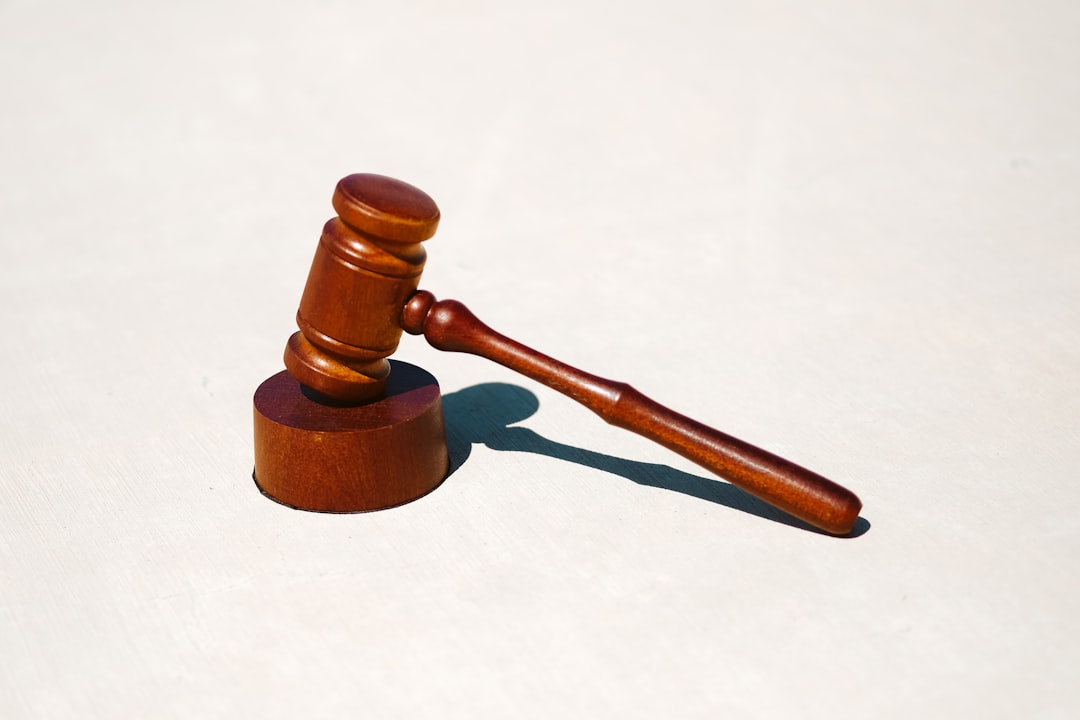Child abuse lawyers and attorneys in California are bound by strict confidentiality laws (California Penal Code § 1054 et seq. & California Rules of Professional Conduct) to protect the privacy of clients' sensitive information in cases involving neglect, physical harm, emotional abuse, and sexual assault. They require written consent before disclosing data to third parties, except under legal compulsion or during law enforcement investigations. Reputable child abuse law firms follow robust best practices, including encryption, secure storage, staff training, and clear access protocols, to safeguard client data. These professionals are essential advocates for victims, collaborating with experts and prioritizing the best interests of children while adhering to strict ethical guidelines and privacy protocols.
In California, protecting confidential information in abuse cases is paramount. This comprehensive guide delves into the intricate legal landscape surrounding child abuse, focusing on the roles of both child abuse lawyers and attorneys. We explore critical confidentiality obligations, robust legal protections for sensitive disclosures, and best practices to safeguard data. Additionally, we scrutinize the responsibilities inherent in representing victims of child abuse within California’s legal system, emphasizing the importance of expertise from a reputable child abuse law firm.
Understanding Confidentiality Obligations in Child Abuse Cases

In California, protecting confidential information in child abuse cases is paramount to ensuring safety and justice for the victims. Child abuse lawyers, attorneys, and law firms operating in this state are bound by strict confidentiality obligations under both state law (California Penal Code § 1054 et seq.) and ethical rules (California Rules of Professional Conduct). These legal professionals must maintain the privacy of any information related to their representation of child abuse victims or witnesses. This includes names, addresses, medical records, therapy sessions, and any details that could identify or locate the child involved in the case.
Child abuse attorneys in California are also required to obtain written consent from their clients before disclosing any confidential information to third parties, except when legally compelled or as part of an ongoing investigation by law enforcement. The child’s best interests and safety should always guide these confidentiality practices, especially during legal proceedings where sensitive details may be exposed in court. Retaining a reputable child abuse law firm with experienced California child abuse lawyers ensures that all confidentiality obligations are met, providing a secure environment for victims to come forward and seek justice without fear of exposure or retraumatization.
Legal Protections for Disclosure of Confidential Information

In California, protecting confidential information in abuse cases is paramount, especially when involving children. The state has robust legal protections in place to safeguard sensitive data shared during legal proceedings related to child abuse, including child sexual assault cases. These laws are designed to foster a safe environment for victims and their families while ensuring due process for all parties involved.
Child abuse lawyers California, such as those at reputable law firms across the state, understand these legal protections well. They adhere to strict protocols when handling confidential information, which may include medical records, psychological assessments, and witness statements. This ensures that only authorized individuals can access this data, maintaining privacy and security throughout the legal process. Such precautions are crucial for protecting victims, preventing potential retraumatization, and upholding the integrity of the justice system in California.
Best Practices for Safeguarding Sensitive Data

When handling confidential information in child abuse cases, legal professionals in California must adhere to stringent best practices to ensure data protection and maintain client privacy. This includes implementing robust security measures such as encryption for digital files, secure storage solutions, and regular staff training on data confidentiality.
A child abuse lawyer or attorney in California should also establish clear protocols for accessing and sharing sensitive information, ensuring only authorized personnel can view case details. Utilizing password-protected documents, secure email systems, and confidential case management software are effective ways to safeguard data. Additionally, keeping detailed records of who accesses what information and when helps maintain accountability and further protects sensitive client data. These practices are vital for those involved in child abuse cases, including law firms offering services to clients seeking justice and support through child abuse lawyer or attorney representation in California.
Roles and Responsibilities of Child Abuse Lawyers and Attorneys

Child abuse lawyers and attorneys in California play a pivotal role in advocating for victims and ensuring justice. These legal professionals are well-versed in child abuse law, which involves complex issues related to neglect, physical harm, emotional abuse, and sexual assault. Their primary responsibility is to protect the best interests of the child while navigating the intricate legal processes involved in such cases. Child abuse lawyers California often collaborate with social workers, medical professionals, and other experts to gather evidence, conduct interviews, and develop robust legal strategies.
As child abuse attorneys California, they must adhere to strict ethical guidelines and confidentiality protocols. Protecting confidential information is paramount to build trust with clients and ensure the safety of vulnerable individuals. This includes maintaining secure records, communicating sensitive details discreetly, and complying with legal requirements regarding privacy and data security. The role of these lawyers extends beyond court appearances; they also provide guidance, support, and resources to families and victims, helping them understand their rights and options throughout the legal process.





